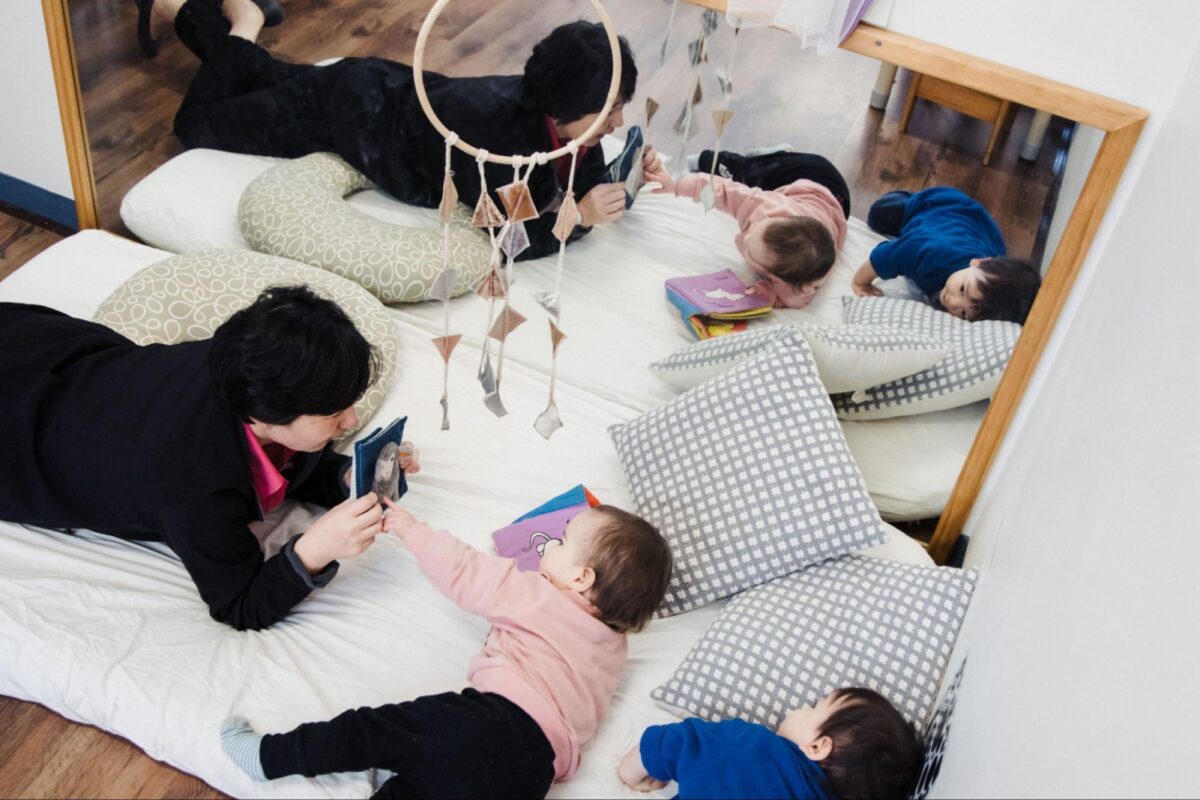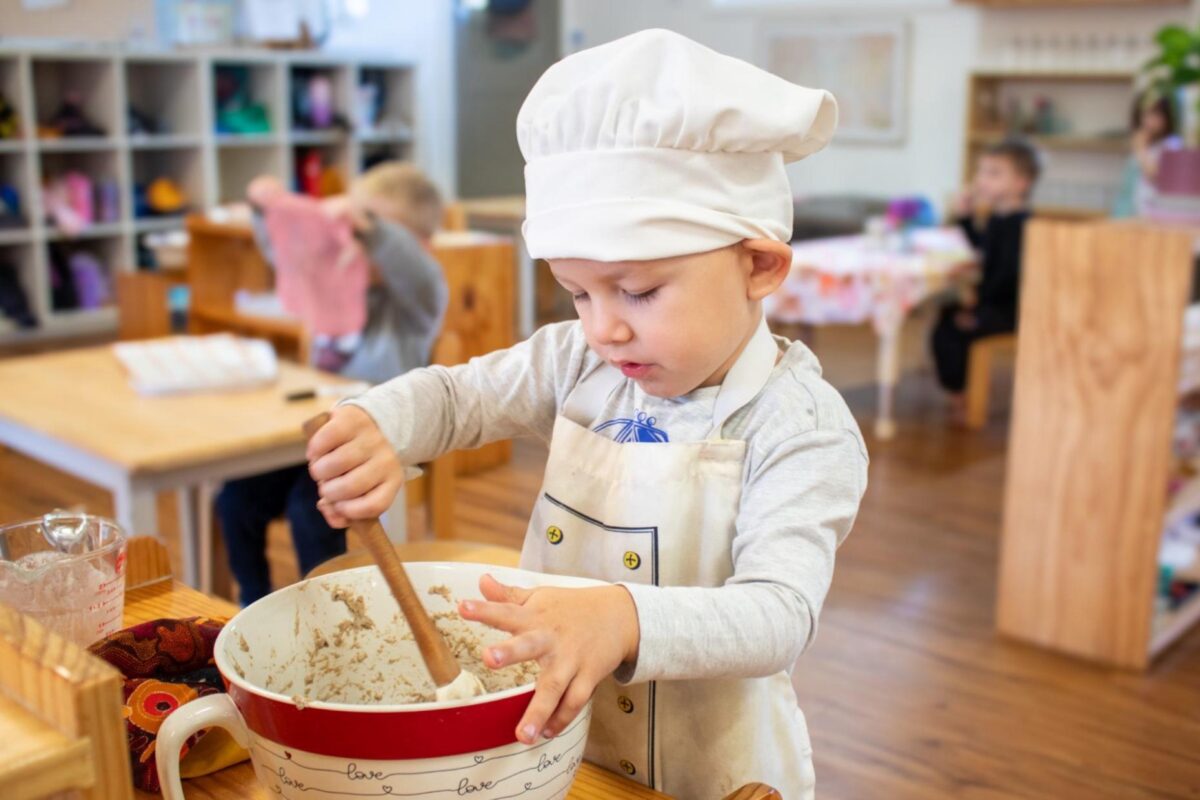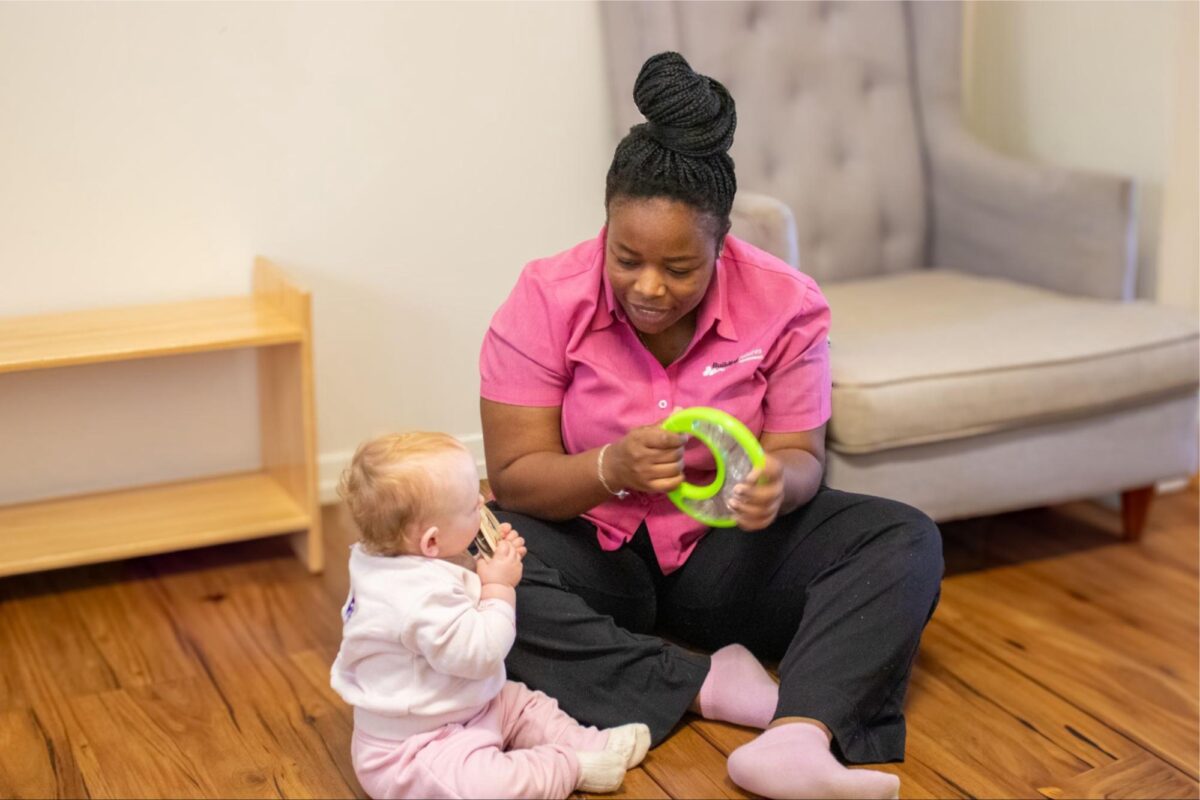Montessori Education: Connecting children to the world around them

As parents, we all want to give our children the best start in life, and one of the most important decisions we make is their education. We want them to grow and develop academically but also consider their development emotionally and socially – with an understanding of the world in which they live. If you’re considering Montessori education, you’ve probably heard from others how it helps children become independent and curious learners. This we know by observing over a century of success with Montessori Education in every pocket around the globe, but what makes Montessori truly special is how it nurtures a child’s understanding of the world around them – helping them make meaningful connections and develop a deep sense of belonging.
One of the unique aspects of Montessori education is Cosmic Education. This approach helps children see that everything in the world is interconnected and that they are part of something much bigger than just themselves.
Let’s take a closer look at how Montessori allows children to develop a true understanding of the world, and why it could be the perfect choice for your family and your child’s early learning.
Fostering Curiosity and Exploration
From the moment your child steps into a Montessori prepared environment, the children are given the freedom to explore, ask questions and learn at their own pace. The Montessori method respects a child’s natural curiosity, giving them the space to learn through hands-on experiences. Rather than just following along with a teacher’s instructions as seen in more traditional settings, children are encouraged to explore their environment, follow their interests, and discover things for themselves.
This freedom to explore their world not only drives their internal curiosity but also encourages them to engage deeply with their surroundings. Whether they’re learning about zoology, history, or music, they begin to make connections between what they’re learning and the world they live in. The Montessori Educator, or Guide, is within the environment to support and guide the child, not to dictate what children should learn, when and at an adult pace. They provide children with the resources, ask thoughtful and meaningful questions, and help children dig deeper into their interests.
Cosmic Education: Understanding the Bigger Picture Beyond the Classroom
One of the core elements of Montessori education is Cosmic Education, particularly in the later years, however the foundations begin in the early years. Cosmic Education teaches children that all knowledge is connected and that every part of the universe plays a role in the grand story of life. Instead of learning about the world in isolated subjects, children are encouraged to see how everything fits together – from the tiniest detail to the biggest idea.
In the prepared environment, children are introduced to the story of the Earth, from its origins to the development of life and the role we as humans play in it all. Educators explore topics like the history of life on Earth, human cultures, the natural world and how everything is interrelated. This helps children see that the world is a vast, interconnected place and that they are part of this bigger picture.
By learning how all the pieces fit together, children develop a sense of wonder about the world and gain a deep respect for all forms of life, their role within it and how they can contribute to the planet’s and the human race’s well-being.
Children also explore how their actions can impact the world around them. They develop an awareness of social issues, environmental sustainability, and what it means to be responsible. This type of learning builds empathy, responsibility, and a sense of global citizenship, which is exactly what the world needs for the future.
A Global Perspective
One of the most exciting aspects of Montessori education is its emphasis on a global perspective. In a Montessori classroom, children aren’t just taught about their local community, they learn about cultures, ideas, and challenges from all over the world. The children study human history, explore different ways of life, and develop an understanding of global issues like climate change and social justice through the Cultural Arts and Sciences curriculum. This global approach fosters understanding, empathy and respect for people of all backgrounds.
Nurturing Responsibility for Earth
The children learn to care for their environment and community. They are given tasks like watering plants, tidying up or taking care of classroom materials and environment. These simple acts demonstrate to the children that their actions have an impact not only on themselves but on others and the world around them.
This sense of responsibility extends beyond the classroom. As children develop a deeper understanding of how everything in the world is connected, they begin to think about how they can contribute to a better future. Whether it’s helping others, sustainability by making eco-friendly choices or advocating for social causes, children in Montessori classrooms are encouraged to act with kindness and empathy toward the world.
Why Montessori Might Be Right for Your Child and Family
If you’re looking for an educational approach that encourages independence, curiosity, and empathy, Montessori might be the right fit for your family. With its focus on hands-on learning, interconnected knowledge, and respect for each child’s unique journey, Montessori offers an environment where children not only learn about the world but also develop a meaningful understanding of their place within it.
Choosing Montessori for your child’s education is more than just a decision for now, it’s an investment in their future and in the world they’ll help create. If you’re looking for a way to nurture your child’s curiosity, sense of responsibility, and love for the world, Montessori might just be the perfect path.



